11 Teas and Herbs Scientifically Shown to Soothe an Inflamed Gut
In an era where fast-paced lifestyles often lead to dietary indiscretions and stress-induced ailments, our bodies frequently bear the brunt, particularly our digestive systems. An inflamed gut, characterized by symptoms like bloating, discomfort, and irregular bowel movements, can disrupt daily life significantly. However, nature, in its abundant wisdom, offers remedies that can gently soothe and restore balance. This article embarks on an exploration of 11 teas and herbs that have been scientifically shown to alleviate gut inflammation. These natural remedies not only promise relief but also nurture the body with their holistic benefits. Through this journey, we will delve into the unique properties of each herb and tea, understanding how they contribute to gut health and overall well-being.
1. Chamomile: The Gentle Calmer
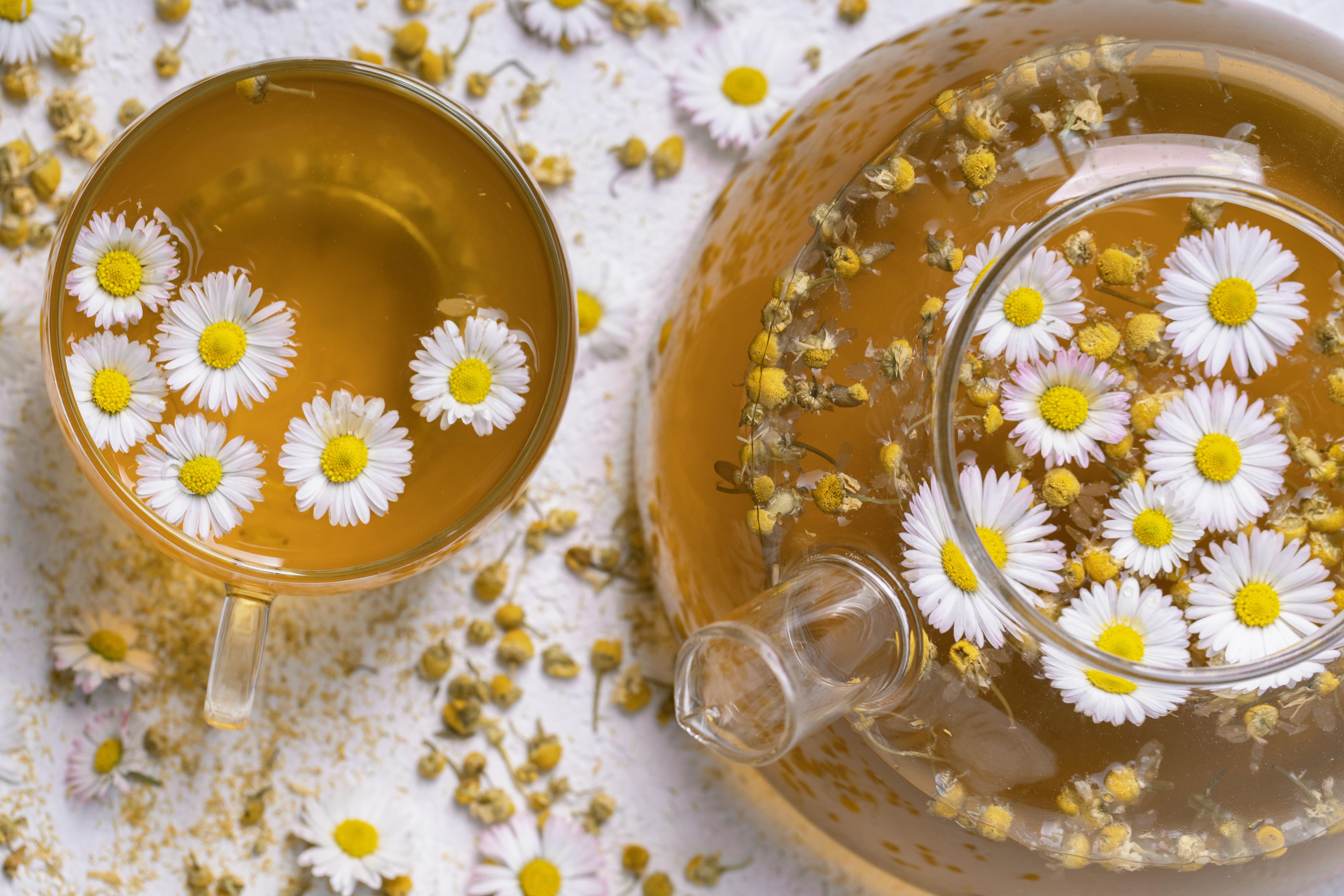
Chamomile is a well-known herb, celebrated for its calming properties. Its anti-inflammatory and antispasmodic effects make it particularly effective in soothing an inflamed gut. Chamomile tea, derived from the dried flowers of the Matricaria plant, has been used for centuries to treat digestive issues such as indigestion, gas, and colic. Scientific studies have shown that chamomile contains compounds like bisabolol and chamazulene, which help reduce inflammation and relax the muscles of the gastrointestinal tract. Regular consumption of chamomile tea can ease the symptoms of irritable bowel syndrome (IBS) and promote overall digestive health.
2. Peppermint: Nature's Digestive Aid
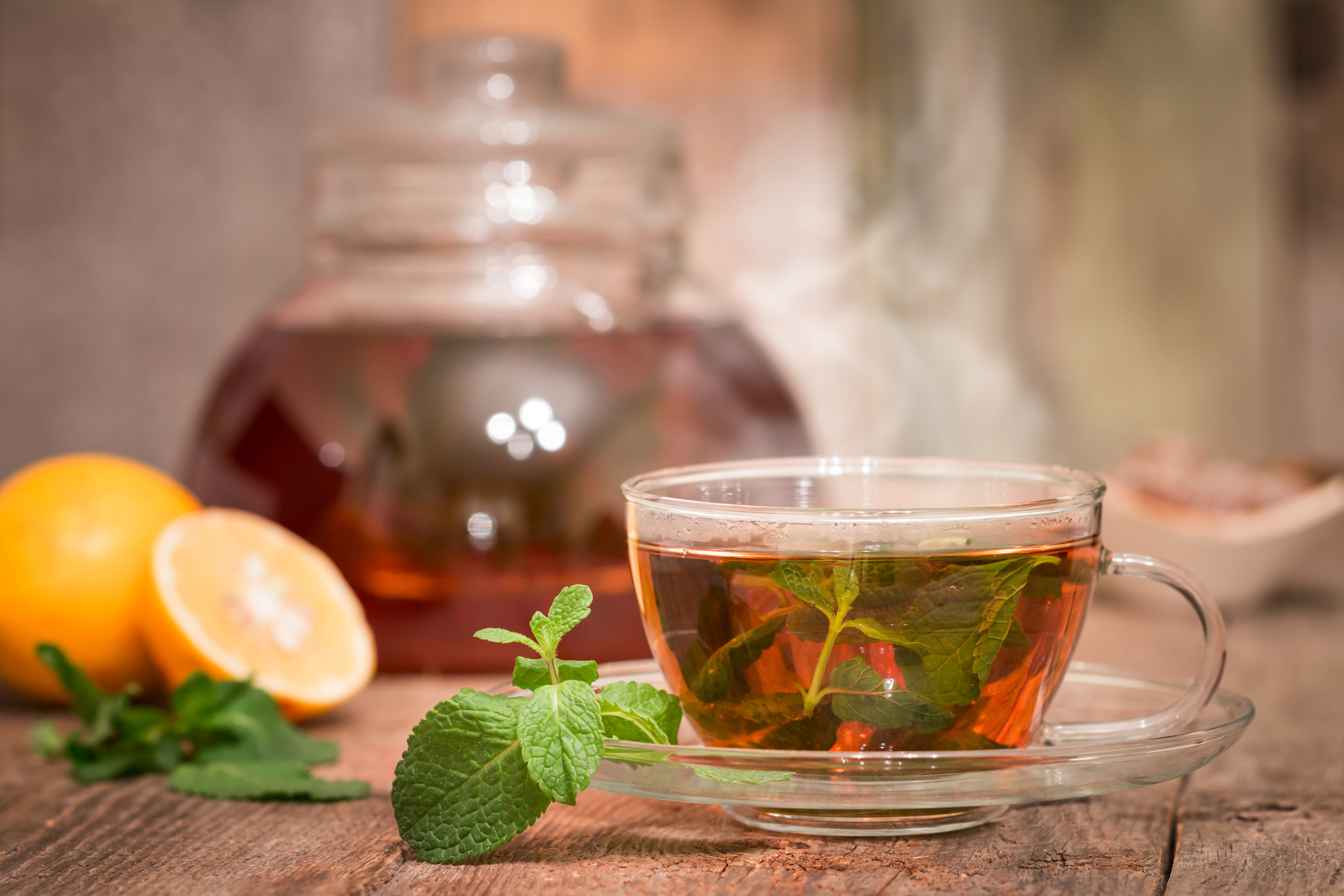
Peppermint, with its refreshing aroma, is more than just a flavoring agent. Its essential oil contains menthol, a compound known for its ability to relax the muscles of the gastrointestinal tract. This relaxation helps alleviate symptoms such as bloating and abdominal pain, common in conditions like IBS. Research has shown that peppermint oil, when consumed in enteric-coated capsules, can significantly reduce the frequency and severity of IBS symptoms. Peppermint tea, on the other hand, offers a soothing experience, calming the digestive system and providing relief from discomfort.
3. Ginger: Spicy Relief for the Gut
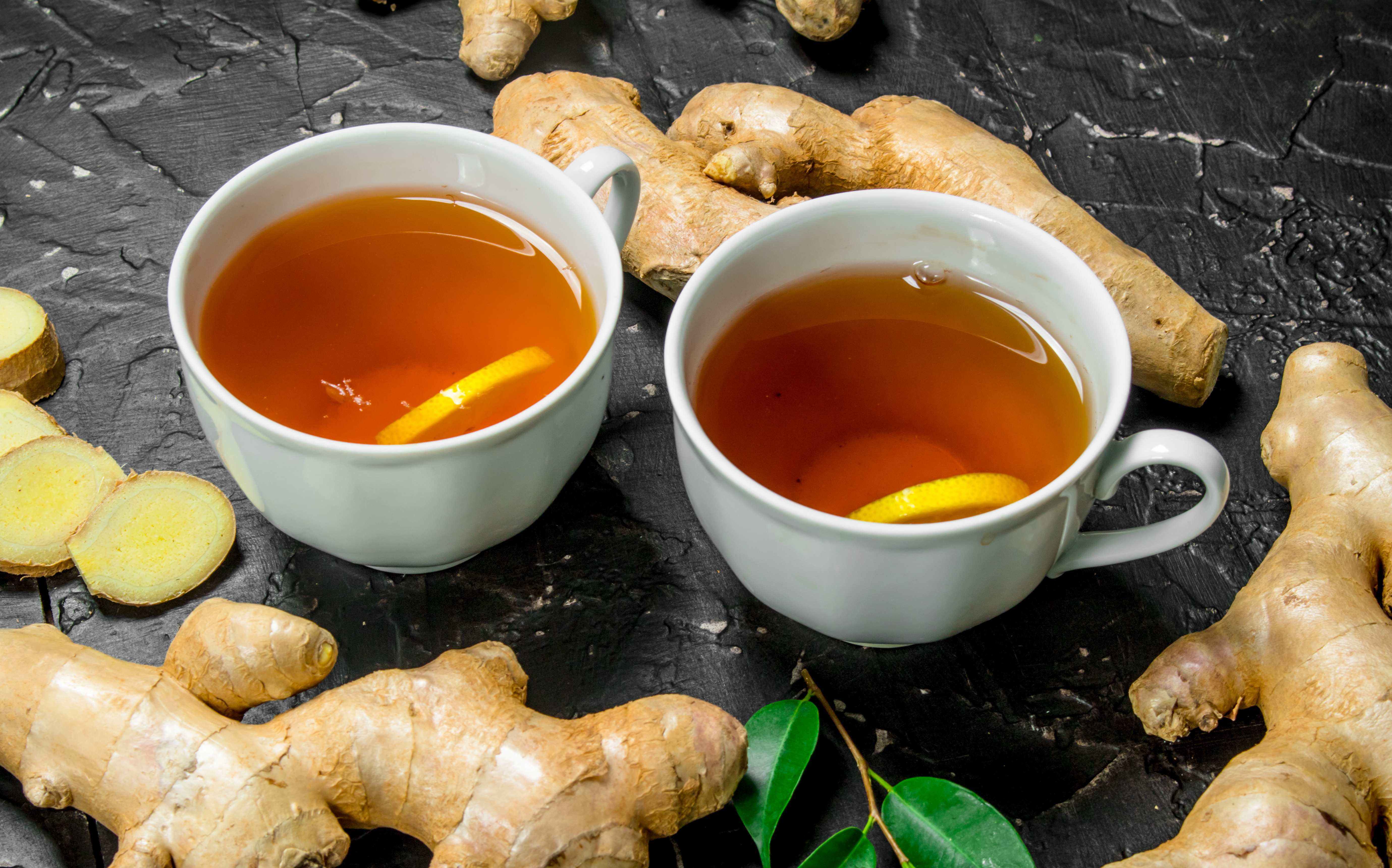
Ginger, a staple in traditional medicine, is renowned for its anti-inflammatory properties. The active compounds in ginger, such as gingerols and shogaols, have been shown to reduce inflammation and enhance digestion. Ginger tea, made from fresh or dried ginger root, can be particularly effective in alleviating nausea, bloating, and gas. Studies suggest that ginger stimulates the production of digestive enzymes, improving nutrient absorption and easing digestive distress. Incorporating ginger into your diet, whether through tea or as a spice, can significantly benefit gut health.
4. Fennel: The Digestive Soother
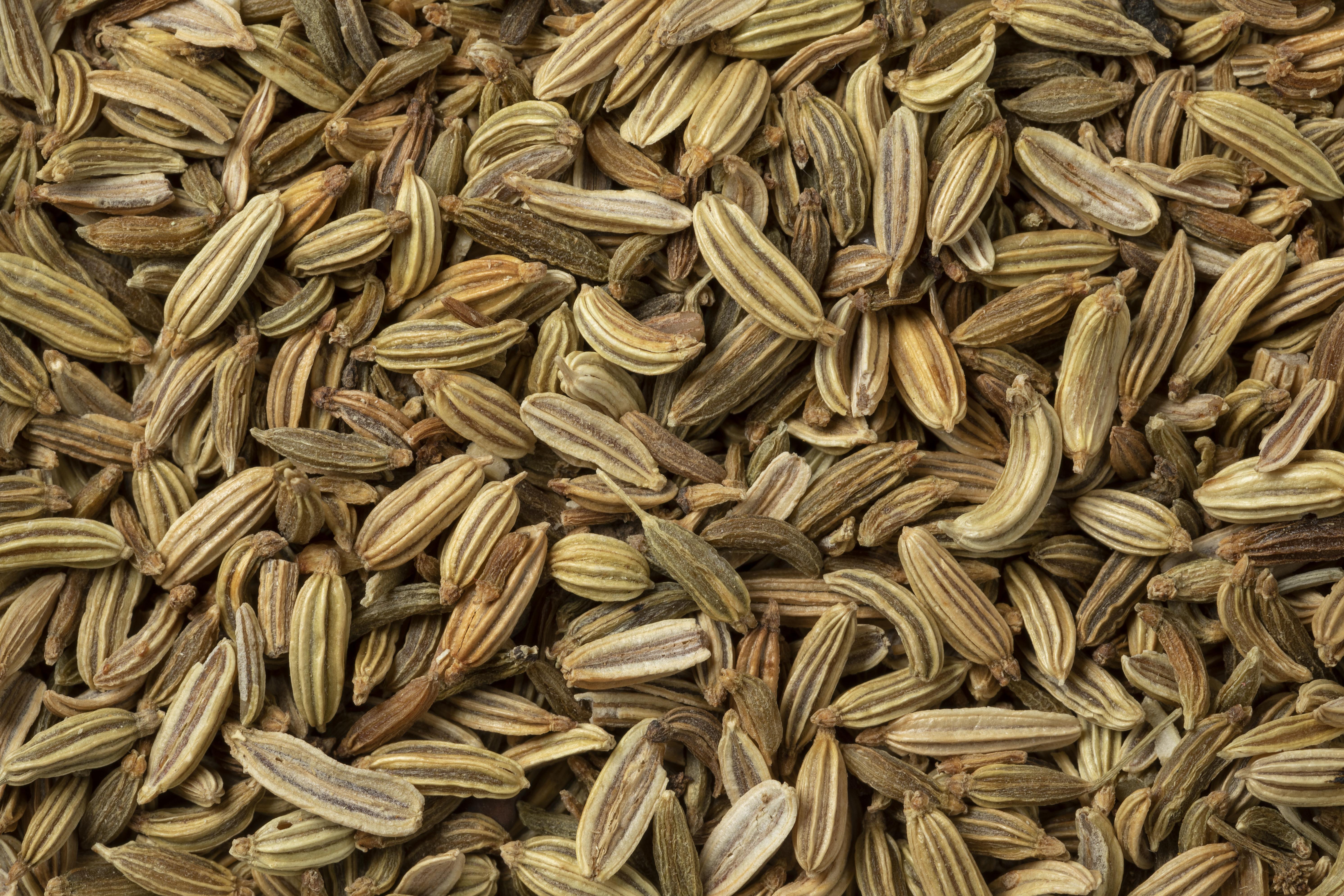
Fennel seeds, with their licorice-like flavor, have been used for centuries to treat digestive ailments. Rich in essential oils like anethole, fennel has antispasmodic properties that help relax the muscles of the gastrointestinal tract. Fennel tea is known to relieve symptoms such as bloating, gas, and cramps. Additionally, fennel stimulates the production of gastric juices, enhancing digestion and nutrient absorption. Regular consumption of fennel tea can help maintain a healthy digestive system and prevent inflammation-related discomfort.
5. Licorice Root: The Gut Protector
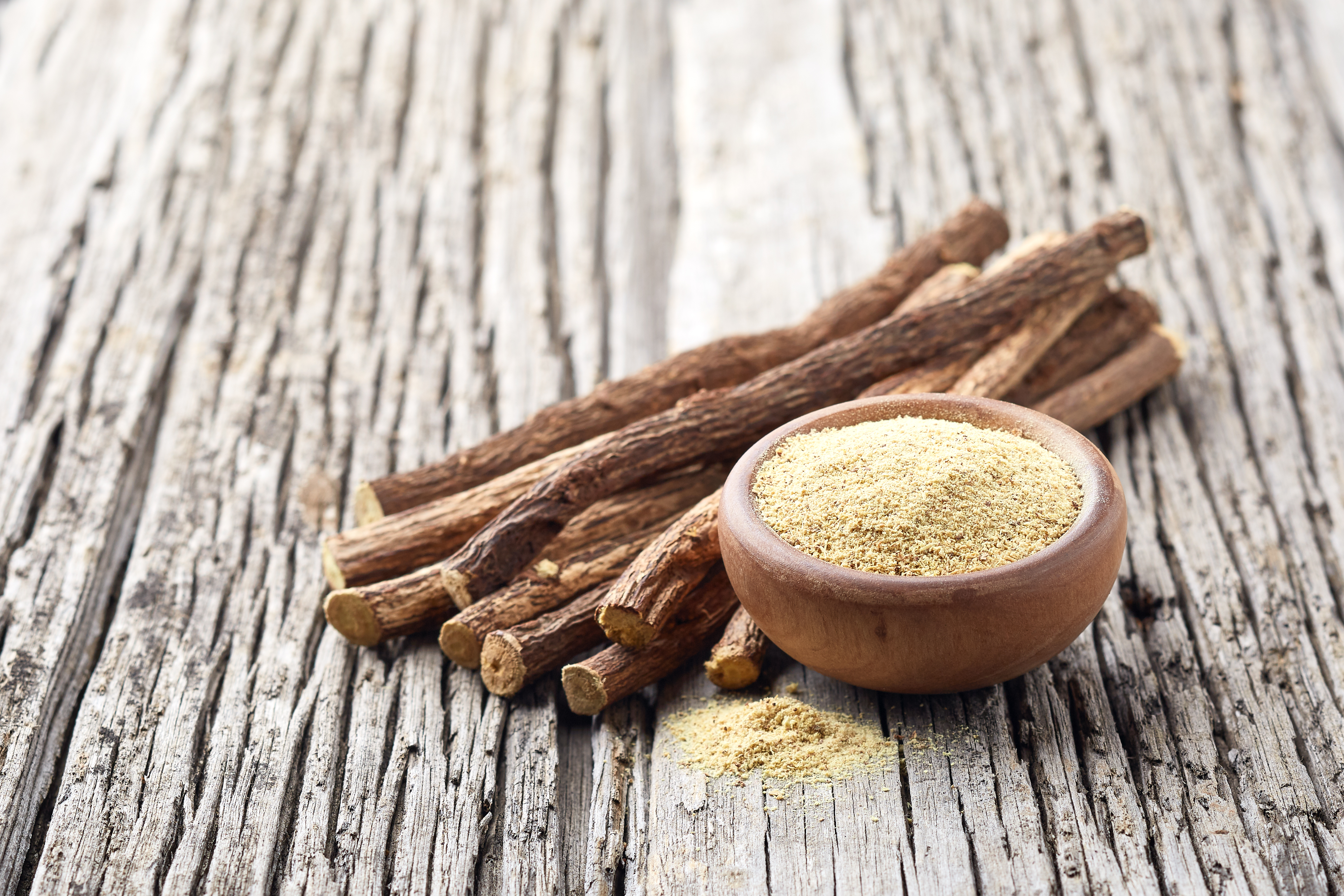
Licorice root, derived from the Glycyrrhiza glabra plant, has been used in traditional medicine for its soothing effects on the digestive system. The active compound, glycyrrhizin, has anti-inflammatory and immune-boosting properties. Licorice root tea can help reduce inflammation in the gut lining, making it beneficial for conditions like gastritis and peptic ulcers. However, it is important to consume licorice root in moderation, as excessive intake can lead to side effects such as elevated blood pressure. When used appropriately, licorice root can be a powerful ally in maintaining gut health.
6. Turmeric: The Golden Healer
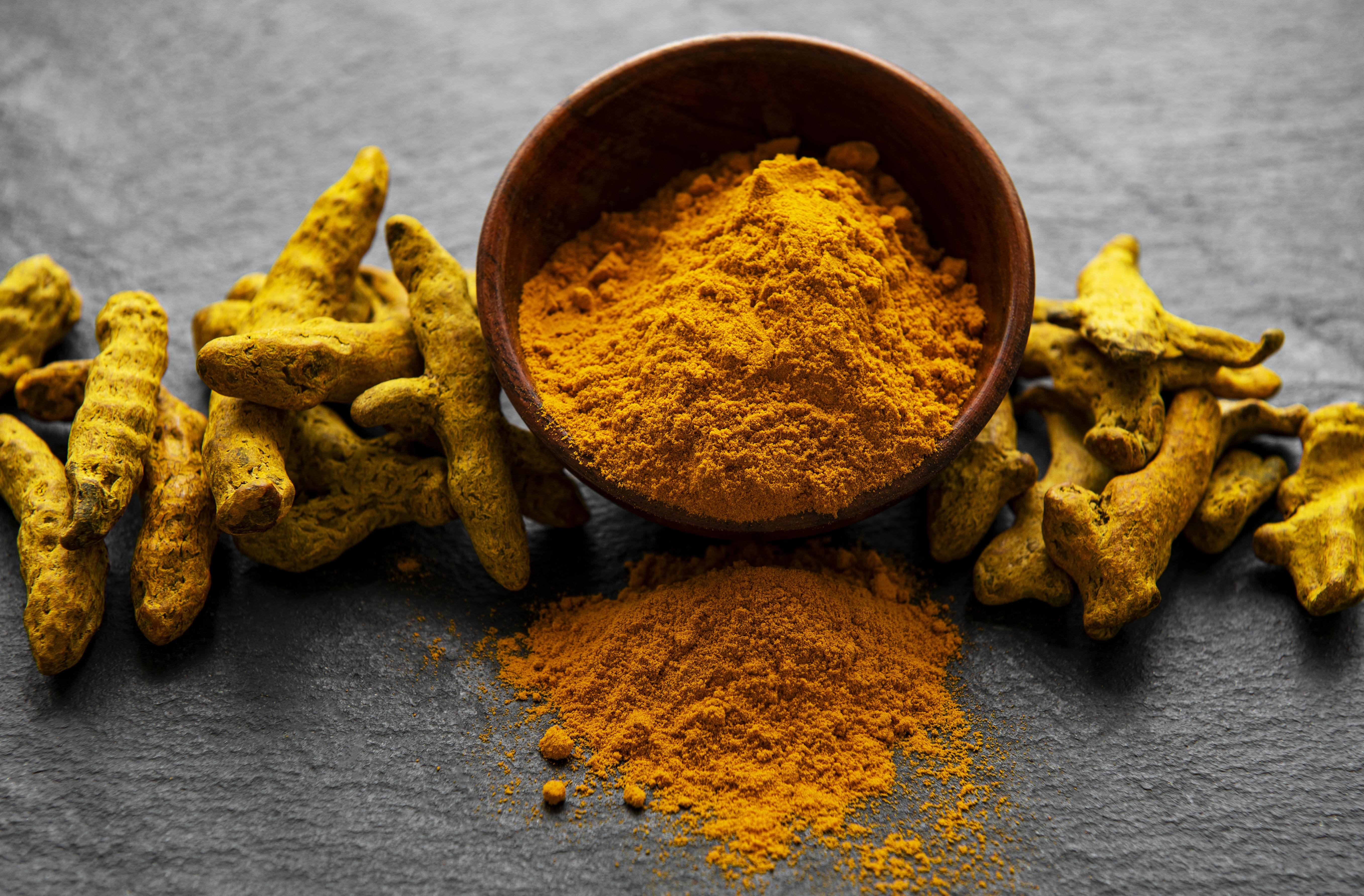
Turmeric, a vibrant yellow spice, is lauded for its potent anti-inflammatory properties. Curcumin, the active compound in turmeric, has been extensively studied for its ability to reduce inflammation and promote healing in the digestive tract. Turmeric tea, also known as golden milk, can soothe an inflamed gut and alleviate symptoms of digestive disorders. The bioavailability of curcumin can be enhanced by consuming it with black pepper, which contains piperine. Regular consumption of turmeric can help maintain a healthy gut and support overall well-being.
7. Slippery Elm: The Mucilage Miracle

Slippery elm, derived from the bark of the Ulmus rubra tree, has been used in traditional medicine for its soothing properties. The mucilage content in slippery elm forms a protective layer over the mucous membranes, reducing irritation and inflammation. Slippery elm tea can be particularly beneficial for conditions like acid reflux, gastritis, and IBS. Its gentle, coating action helps soothe the digestive tract, providing relief from discomfort and promoting healing. Incorporating slippery elm into your routine can support gut health and enhance digestive comfort.
8. Marshmallow Root: The Soothing Embrace
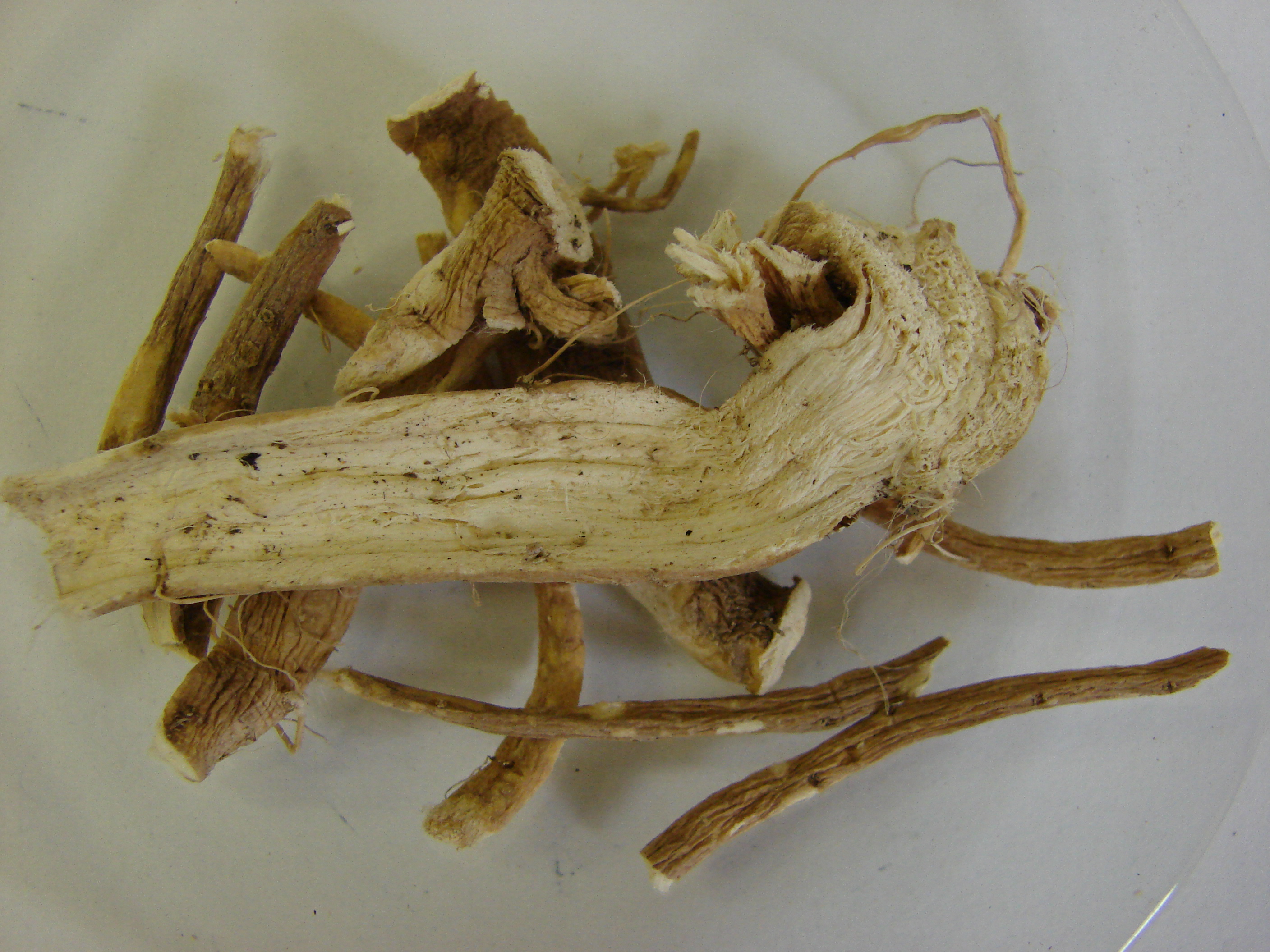
Marshmallow root, not to be confused with the confectionery, is a powerful herb known for its demulcent properties. It contains mucilage, which forms a protective layer over the digestive tract, reducing irritation and inflammation. Marshmallow root tea can be particularly effective in soothing an inflamed gut and alleviating symptoms of digestive disorders. Its gentle, soothing action helps calm the digestive system, promoting healing and comfort. Regular consumption of marshmallow root can support gut health and enhance overall well-being.
9. Dandelion: The Digestive Tonic

Dandelion, often considered a weed, is a powerhouse of nutrients and beneficial compounds. Dandelion root tea is known for its ability to stimulate bile production, enhancing digestion and nutrient absorption. Its anti-inflammatory properties help reduce inflammation in the gut, making it beneficial for conditions like gastritis and IBS. Dandelion also acts as a natural diuretic, promoting detoxification and supporting liver health. Incorporating dandelion tea into your routine can enhance digestive health and support overall well-being.
10. Lemon Balm: The Calming Herb

Lemon balm, a member of the mint family, is known for its calming effects on the nervous and digestive systems. Its antispasmodic properties help relax the muscles of the gastrointestinal tract, alleviating symptoms such as bloating and cramps. Lemon balm tea can be particularly effective in soothing an inflamed gut and promoting digestive comfort. Its gentle, calming action helps reduce stress and anxiety, which can contribute to digestive issues. Consistently including lemon balm in your diet may promote digestive health and improve overall wellness.
11. Holy Basil: The Sacred Healer
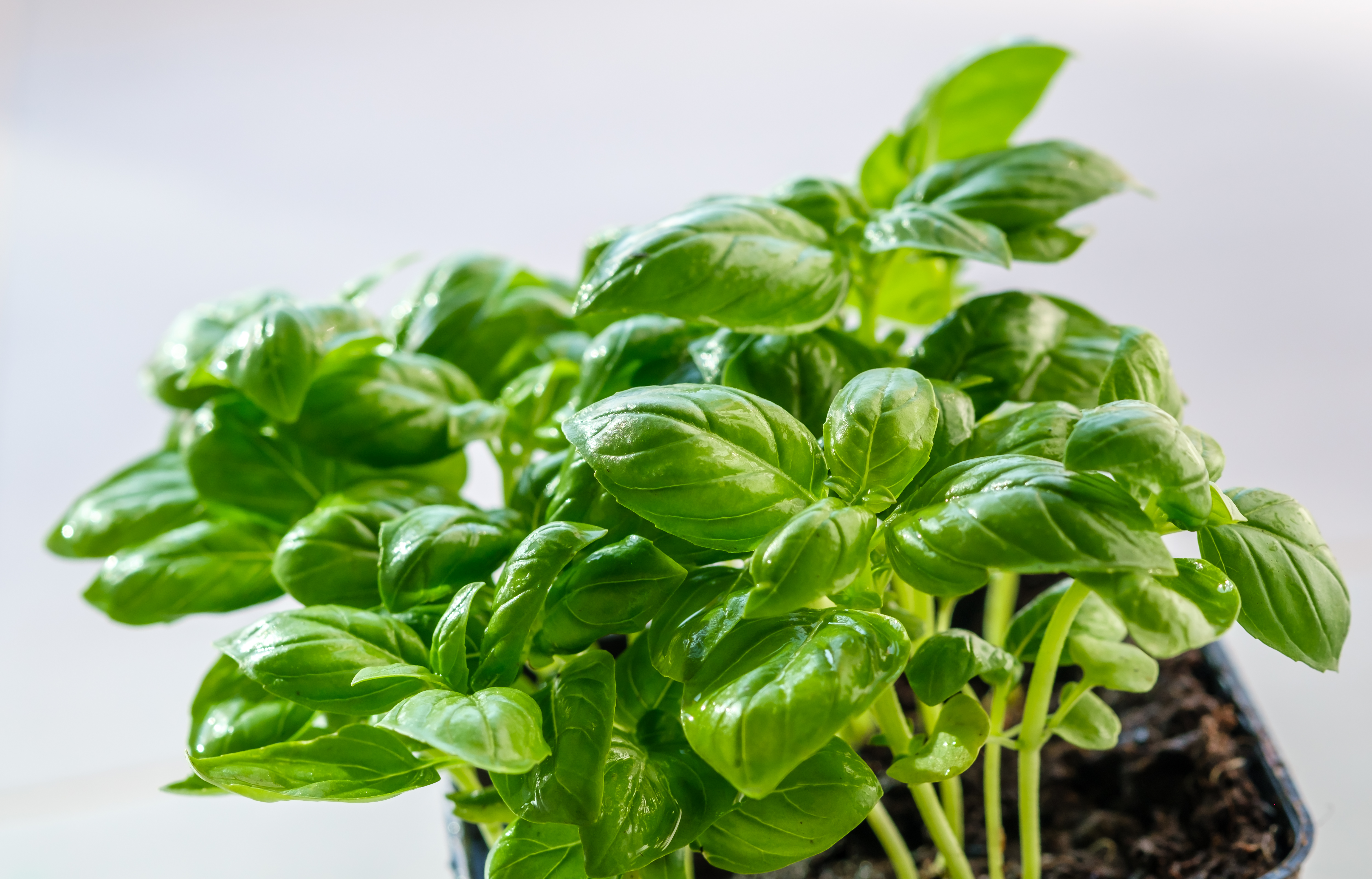
Holy basil, also known as tulsi, is revered in traditional medicine for its adaptogenic properties. It helps the body adapt to stress, reducing its impact on the digestive system. Holy basil tea has anti-inflammatory and antioxidant properties that help soothe an inflamed gut and promote healing. Its calming effects on the nervous system help reduce stress-related digestive issues, enhancing overall digestive health. Incorporating holy basil into your routine can support gut health and promote overall well-being.
The journey through these 11 teas and herbs reveals the profound wisdom embedded in nature's remedies. Each of these natural wonders offers unique benefits, soothing an inflamed gut and promoting overall digestive health. By embracing these gentle, holistic approaches, we can nurture our bodies, alleviate discomfort, and enhance our well-being. As we integrate these teas and herbs into our daily routines, we not only support our digestive systems but also connect with the timeless traditions that have cherished these remedies for centuries. Let us embark on this calming exploration, embracing the healing power of nature's remedies.